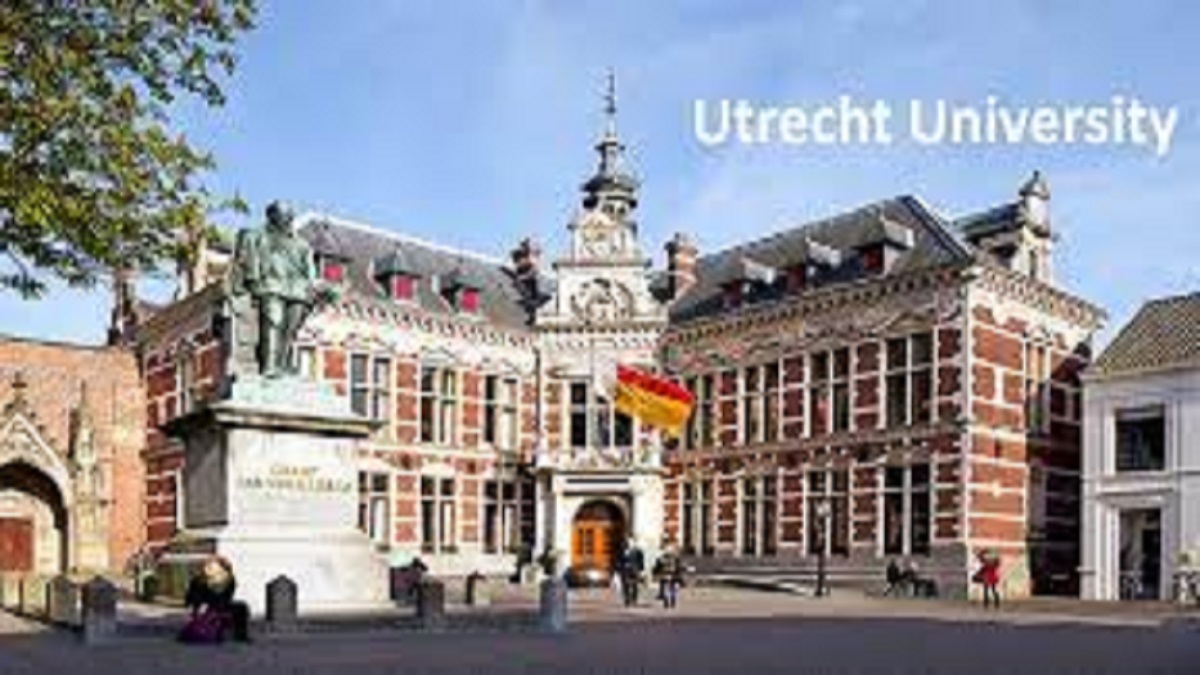Are you interested in the way we visualize our world and how this influences how we respond to sustainable development challenges? Are you curious about creative methodological and visualization innovations that can reveal patterns of injustice and orient diverse groups to take action? Are you interested in co-producing innovations that visualize the priorities of those who have often been historically marginalized in mapping processes?
At the Copernicus Institute of Sustainable Development, we have a full-time four-year PhD position available to examine these questions. This position will offer opportunities and expertise from both the Urban Futures Studio and the Environmental Sciences section within the Copernicus Institute. Through this research, the PhD researcher will embark on research utilizing inclusive, decolonial research methods to co-produce unique mapping processes and visualizations to support future decision making. The researcher will then experiment with novel mapping and visualization approaches to bring actors together to first document through maps, existing realities and priorities to then discuss and map imagined futures to forge shared directions for just and sustainable actions.
The research will take place in Texel (an island in the Netherlands), as well as Aruba (an island in the Caribbean) to co-create decolonized inclusive mapping practices and that will result in tangible map outputs in two diverse yet historically linked contexts. The project will involve the creation of a museum exhibition and open access atlas that stages an important and difficult conversation around what it means to decolonize mapping practices in the context of sustainable development. One of the aims of this research is to identify how particular mapping practices and visualizations at the local level might potentially reshape meaning and perceptions at the global scale.
The PhD researcher will be responsible for employing a mixed method research approach to examine the potential for mapping practices to navigate diverse values and themes to enable multi-scalar collective action – both in the local island contexts and internationally in relation to the Sustainable Development Goals (SDGs). This PhD position will be based at Utrecht University, The Netherlands. The position includes extensive fieldwork in Aruba and on the island of Texel in the Netherlands.
Qualifications
For this project we are looking for an enthusiastic candidate with a background in human geography (or a related field) and an interest in non-Western, creative and collaborative approaches to producing knowledge. The PhD researcher should have experience with GIS and/or remote sensing and experience with (or an interest in) qualitative research skills (content and/or discourse analysis, interviews, focus groups, participatory mapping). A strong motivation to do research in collaboration with society is important; however, we are open to candidates with a broad range of skills and backgrounds. Preference will be given to candidates who are fluent in Papiamento, Dutch and English, and/or have experience doing collaborative work and mapping, and/or experience in Caribbean and Dutch contexts. All are encouraged and welcome to apply and will be considered.
Offer
You will be offered a temporary position (1.0 FTE), initially for one year with an extension to a total of four years upon a successful assessment in the first year, and with the specific intent that it results in a doctorate within this period. The gross salary ranges between €2,443 in the first year and €3,122 in the fourth year of employment (scale P according to the Collective Labour Agreement Dutch Universities) per month for a full-time employment. Salaries are supplemented with a holiday bonus of 8% and a year-end bonus of 8.3% per year. In addition, Utrecht University offers excellent secondary conditions, including an attractive retirement scheme, (partly paid) parental leave and flexible employment conditions
(multiple choice model). For more information, please visit working at Utrecht University
About the organisation
A better future for everyone. This ambition motivates our scientists in executing their leading research and inspiring teaching. At Utrecht University
, the various disciplines collaborate intensively towards major societal themes. Our focus is on Dynamics of Youth, Institutions for Open Societies, Life Sciences and Sustainability.
Utrecht University’s Faculty of Geosciences
external link studies the Earth: from the Earth’s core to its surface, including man’s spatial and material utilisation of the Earth – always with a focus on sustainability and innovation. With 3,400 students (BSc and MSc) and 720 staff, the faculty is a strong and challenging organisation. The Faculty of Geosciences is organised in four Departments: Earth Sciences, Human Geography & Spatial Planning, Physical Geography, and Sustainable Development.
The research will be carried out within the Copernicus Institute of Sustainable Development
at Utrecht University. This institute aims to have a positive impact on the transition to a sustainable society. They do this by developing excellent and relevant knowledge and by educating change agents of the future. They collaborate with citizens, politicians, policy-makers, NGOs and firms to learn from each other and influence decision-making. They work in interdisciplinary teams and have organised their research around three cross-topical themes and five sustainability challenges. The themes, governance, modelling and transitions, represent our signature and cover central aspects of sustainability research and policy. The five topical sustainability challenges, circular economy, sustainable energy, sustainable food, sustainable land and sustainable water, highlight our research strengths. The PhD candidate will work within two of the main research sections of the Copernicus Institute: the Urban Futures Studio & Environmental Sciences group.
Additional information
For more information about this position, please contact:
Dr Britta Ricker
external link or Dr Josephine Chambers external link at j.m.chambers@uu.nl external link.
Apply
Everyone deserves to feel at home at our university. We welcome employees with a wide variety of backgrounds and perspectives.
To apply, please send your curriculum vitae, including a letter of motivation via the ‘apply’ button.
Interviews are planned to take place the first half of September.
The application deadline is 25 August 2022.
